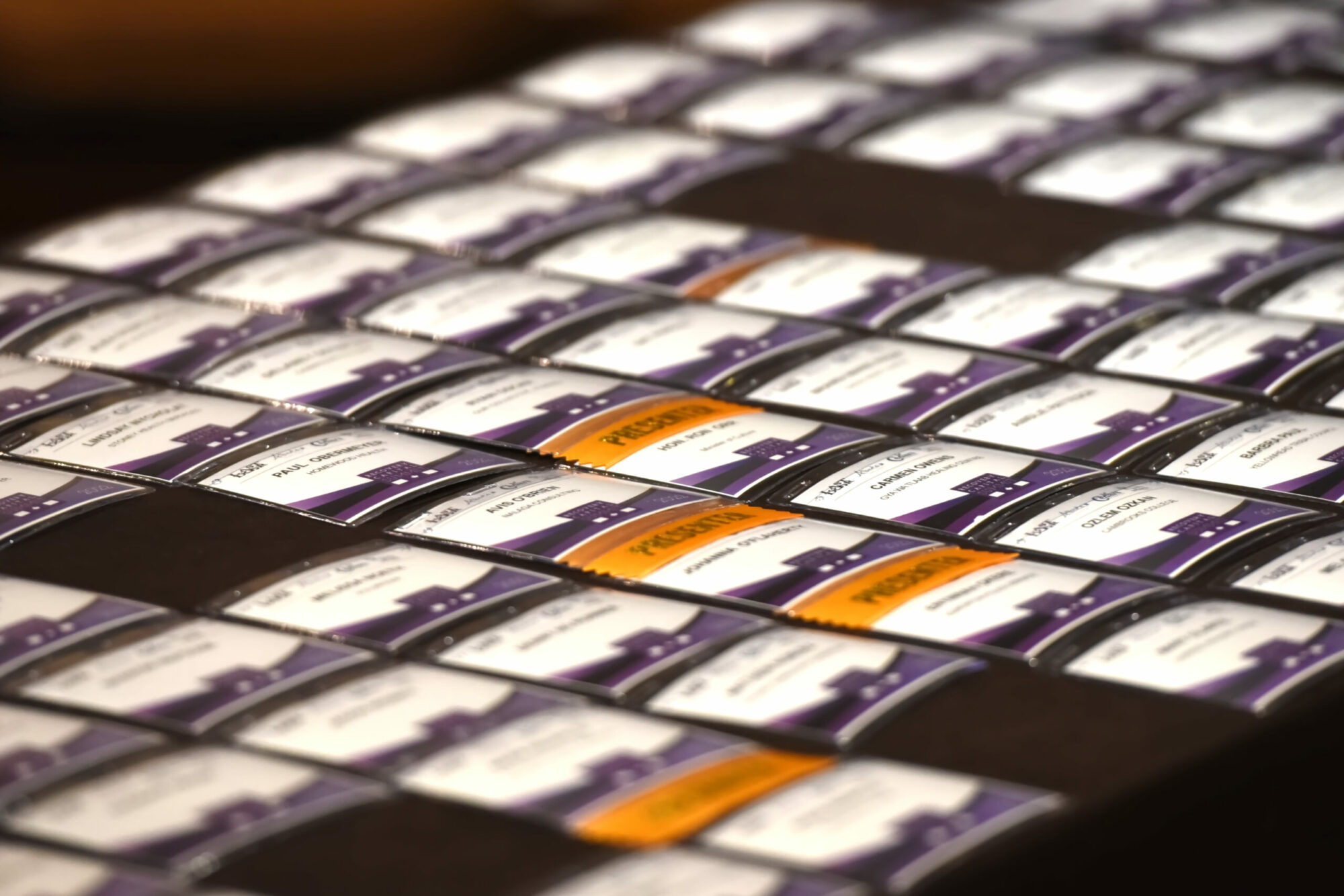Recovery on Campus Alberta: Co-Creating Collegiate Recovery Communities
Room – Herald Doll Room 1:30 to 3:00 pm. February 22nd, 2023, Hyatt Regency Centre, Calgary Alberta
Speaker Dr Victoria Burns


Co-Creating Recovery-Friendly Campuses: Introducing the Recovery on Campus (ROC) – Alberta Model
Session Description
University campuses are known to be recovery-threatening environments. Over 20% of students meet the criteria for substance use disorders—yet less than 10% will seek help due to stigma. Specific challenges for campus members in recovery include few suitable housing options and difficulties finding social networks. As an academic in long-term recovery from addiction, Dr. Victoria Burns, PhD, RSW experienced this stigma and sense of non-belonging firsthand.
Although collegiate recovery programs (CRPs) have a long-standing history in the USA dating back to the 1970s, university-based recovery supports are still largely undeveloped in Canada. Addressing this critical gap in Alberta’s recovery-oriented system of care, Recovery on Campus (ROC) – Alberta, is committed to co-creating peer-driven campus communities that support and celebrate all pathways of recovery for students, faculty, and staff across the 26 publicly funded post-secondaries in the province. Funded by Alberta Health, ROC is helping to ensure that all campus members can achieve their educational, personal, social, and employment goals alongside their unique recovery pathways.
Dr. Burns will begin the panel by sharing about how her own personal recovery journey catalyzed the co-creation of the UCalgary Recovery Community (UCRC) and ROC. She will then discuss CRP best practices, the ROC framework and priorities, and next steps. Second, ROC team members will share about their understanding and experience of recovery, emphasizing the importance of recovery programs on campus:
1. Dr. Andrew Szeto, Director, UCalgary’s Campus Mental Health Strategy;
2. Yasmeen Nosshi, RSW, MACP (harm reduction advisor);
3. Lexi Knight, BSW (student in recovery);
4. Noor Hadad, BA (hon.) (staff in recovery);
5). Chelsie Graham, BSW, ROC-Alberta Coordinator (ally with family experience of addiction).
Learning Objectives
- Explain the history and best practices of collegiate recovery programs, and how they fit within a recovery-oriented system of care
- Outline the framework, goals, and activities of ROC-Alberta, and plans for sustainability
- Describe ROC’s innovative whole campus, all-pathways approach to recovery, and understand the importance of recovering out loud
- Understand the importance of a “Recovery On Campus Program” through the lived experiences of campus members
- Learn how to create and sustain the ROC model in other post-secondary contexts
References
- Burns, V. F. (2021). The sober professor: reflections on the sober paradox, sober phobia, and disclosing an alcohol recovery identity in academia. Contemporary Drug Problems, 48(3), 223–240. https://doi.org/10.1177/00914509211031092
- Burns, V. F., Walsh, C. A., & Smith, J. (2021). A qualitative exploration of addiction disclosure and stigma among faculty members in a canadian university context. International Journal of Environmental Research and Public Health, 18(14), Article 14. https://doi.org/10.3390/ijerph18147274
- Hill, K. M., Foxcroft, D. R., & Pilling, M. (2018). “Everything is telling you to drink”: Understanding the functional significance of alcogenic environments for young adult drinkers. Addiction Research & Theory, 26(6), 457–464. https://doi.org/10.1080/16066359.2017.1395022
- Laudet, A., Harris, K., Kimball, T., Winters, K. C., & Moberg, D. P. (2014). Collegiate Recovery Communities Programs: What do we know and what do we need to know? Journal of Social Work Practice in the Addictions, 14(1), 84–100.
- Vest, N., Reinstra, M., Timko, C., Kelly, J., & Humphreys, K. (2021). College programming for students in addiction recovery: A PRISMA-guided scoping review. Addictive Behaviors, 106992. https://doi.org/10.1016/j.addbeh.2021.106992
Speaker Bio
Dr. Victoria Burns, PhD, RSW is an associate professor at the University of Calgary, Director of the UCalgary Recovery Community, and Recovery on Campus Alberta. She has a BA (hon) (University of New Brunswick), and a BSW, MSW, and PhD in Social Work (McGill University). As a registered social worker, educator, researcher, and engaged activist she has worked in the homelessness and addiction-recovery sphere for over 15 years. She combines her lived experience of addiction and recovery, with a passion for storytelling and the arts, including documentary film, to raise awareness and combat stigma for marginalized populations in scholarly and mainstream spaces alike. She lives in Calgary, Alberta with her husband Hervé, and their 11-year-old dog named Pinot.
Click on a button for more details




https://www.caccf.ca/recovery-capital/


